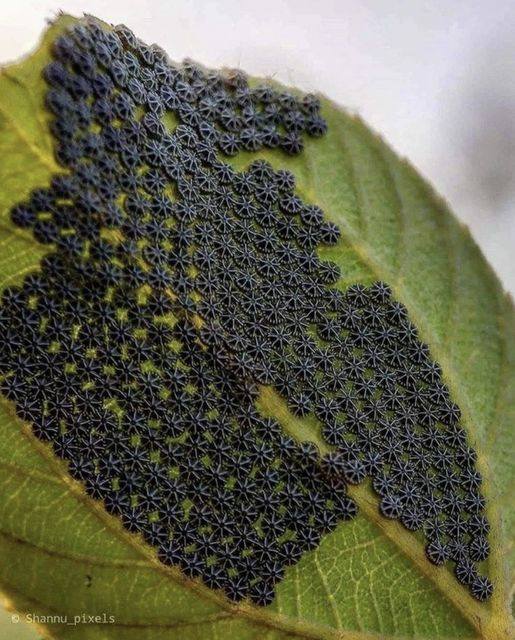ADVERTISEMENT
### **How to Avoid Giant Hogweed:**
– **Stay Away:** If you encounter giant hogweed, keep a safe distance and avoid touching the plant at all costs.
– **Wear Protective Clothing:** If you need to work in areas where giant hogweed is present, wear long sleeves, pants, gloves, and protective eyewear to prevent the sap from coming into contact with your skin.
## **5. Calla Lily (Zantedeschia spp.)**
Calla lilies are beautiful flowers often seen in gardens, but they contain compounds called calcium oxalate crystals that can cause irritation if ingested or touched. The plant is toxic to both humans and pets, and while the symptoms are not usually life-threatening, they can be quite uncomfortable.
– **Symptoms of Exposure:** Contact with the plant can cause skin irritation, including burning, swelling, and redness. If ingested, it can cause swelling in the mouth, throat, and digestive tract, leading to difficulty swallowing and stomach pain.
– **What to Do if Exposed:** Rinse the affected area with cold water. If you or someone else has ingested part of the plant, drink plenty of water and seek medical attention if symptoms persist.
### **Handling Calla Lilies:**
– **Wear Gloves:** When handling calla lilies, especially when pruning or removing the plant, always wear gloves to avoid skin contact.
– **Keep Pets Away:** Ensure that pets and small children cannot access the plant, as ingestion can lead to serious health problems.
## **Conclusion**
Gardening can be an incredibly rewarding hobby, but it’s crucial to be aware of the potential dangers that some plants pose. Whether it’s poisonous vines, stinging nettles, or toxic flowers, the garden can hide some serious threats if you’re not careful. By learning to identify these dangerous plants and taking the necessary precautions to avoid touching or ingesting them, you can keep yourself and your family safe while enjoying the many pleasures of gardening.
Remember, always wear protective clothing when working in areas where dangerous plants might be present, and never touch or handle plants that you’re not familiar with. When in doubt, take the time to educate yourself about the plants in your garden and be cautious. Safety first—happy gardening!
ADVERTISEMENT
ADVERTISEMENT
